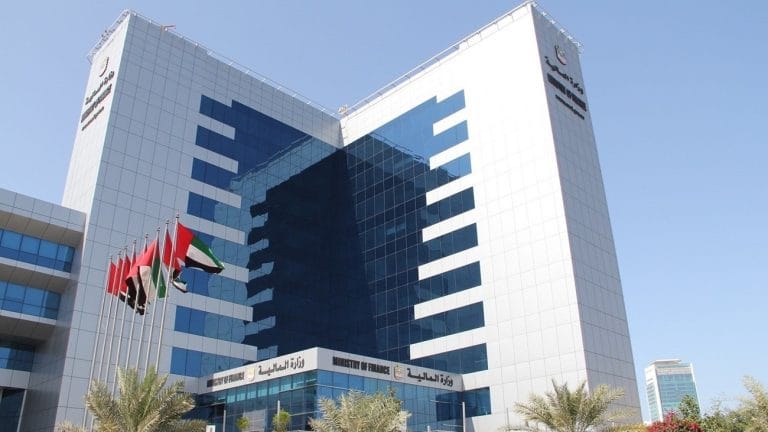🎧 Listen to This Article
The UAE Ministry of Finance has announced the country’s adoption of the updated Common Reporting Standard (CRS 2.0) under the OECD’s Automatic Exchange of Information (AEOI) framework. Effective 1 January 2027, this move underscores the UAE’s commitment to tax transparency, global compliance, and good governance, with the first exchange of information scheduled for 2028.
The adoption of CRS 2.0 aligns the UAE with global financial standards, strengthening the nation’s cooperation with the OECD and the international financial community. The updated framework is designed to expand oversight over electronic money, central bank digital currencies (CBDCs), and crypto-related activities, while enhancing auditing and reporting requirements.
Integration with Digital Finance Oversight
The UAE’s implementation of CRS 2.0 is timed alongside the Crypto Asset Reporting Framework (CARF), reflecting a comprehensive approach to both traditional and digital finance regulation. Officials emphasized that this integration ensures that financial innovation does not compromise global tax transparency.
Historical Context
CRS 2.0 expands upon earlier frameworks established under Federal Decree No. 48 of 2018 and Cabinet Resolution No. 93 of 2021, broadening the UAE’s reporting obligations and reinforcing its reputation as a transparent and well-governed financial hub.
Strategic Significance
By adopting CRS 2.0, the UAE continues to lead in global competitiveness indicators, enhancing investor confidence and demonstrating alignment with international standards of tax governance and information exchange.
This step also signals the UAE’s ongoing commitment to ensuring that both traditional banking and emerging digital finance sectors operate under a high standard of compliance and transparency, solidifying the country’s position as a trusted global financial center.



